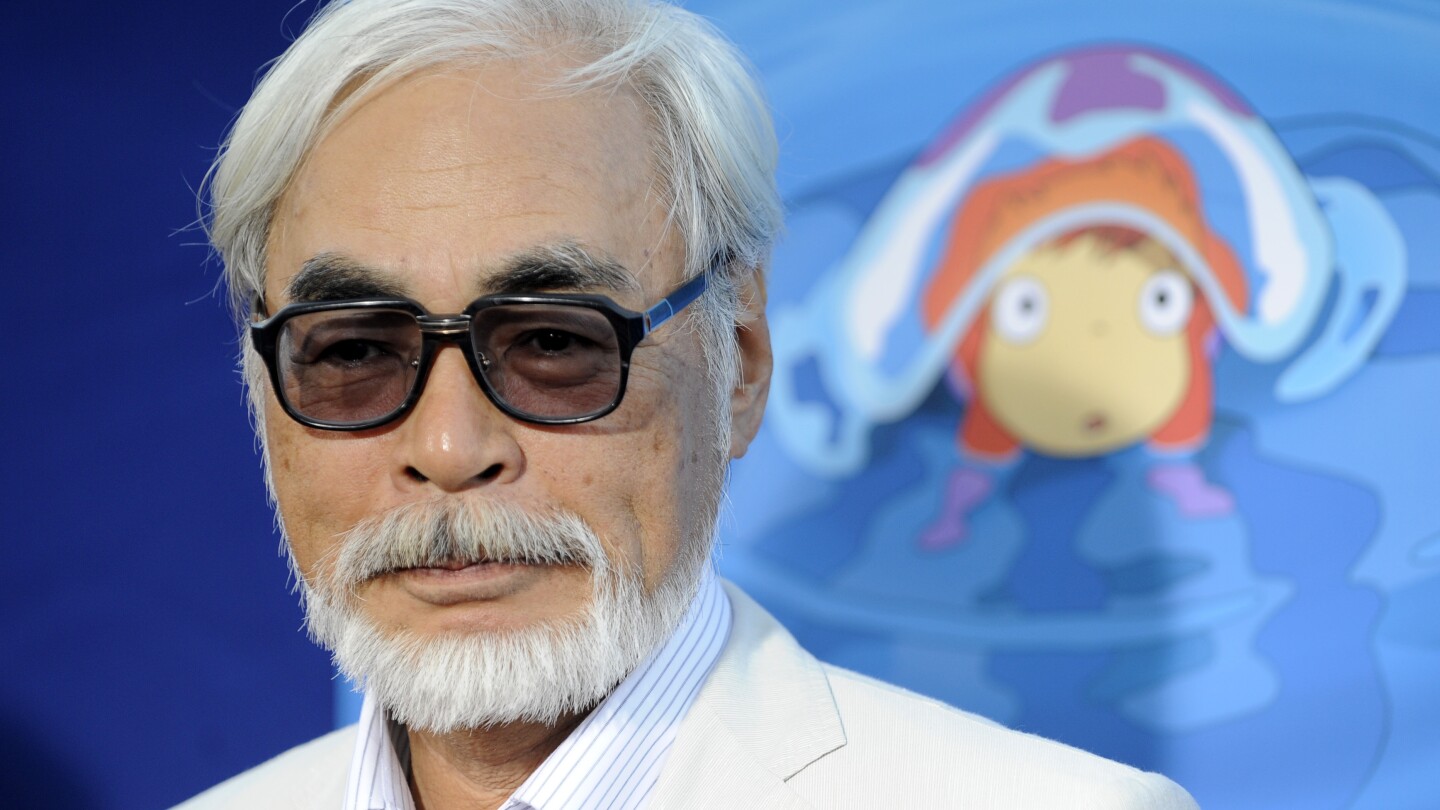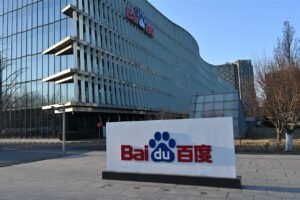Viral Studio Ghibli-Style Images Generated by ChatGPT Raise AI Copyright Issues

Ghibli Style Transformation: A New Trend in AI Art
Introduction to Studio Ghibli
Studio Ghibli is a renowned Japanese animation studio, famous for creating timeless classics like Spirited Away and My Neighbor Totoro. Over the years, the studio has captured the hearts of audiences around the globe with its enchanting stories and beautiful, hand-drawn animation. Recently, a new development in the AI landscape has allowed fans to transform their images into the characteristic style of Ghibli’s co-founder, Hayao Miyazaki.
The Rise of Ghibli-Style AI Art
With the introduction of a new image generation tool by OpenAI, fans can upload their photos or memes and convert them into Ghibli-themed versions. For instance, an entrepreneur named Janu Lingeswaran shared an image of his pet cat, Mali, reimagined as an adorable Ghibli cat. Lingeswaran was thrilled with the result and even considered printing it for display.
The Ghibli-style transformation has also taken various iconic images, such as a Turkish athlete winning a silver medal at the Olympics and the famous "Disaster Girl" meme, and reinterpreted them in Miyazaki’s unique animation style. This trend is rapidly gaining popularity on social media, with users sharing their creations and celebrating the whimsical aesthetic typical of Ghibli films.
OpenAI’s Approach to Copyright Concerns
OpenAI, the developer of the image generator, is currently facing several copyright lawsuits regarding its chatbot and image generation tools. However, the company has been somewhat supportive of the “Ghiblification” trend, even with its CEO, Sam Altman, briefly changing his social media profile to a Ghibli-style portrait.
In a recent statement, OpenAI emphasized a cautious approach when it comes to mimicking the work of living artists. They have implemented a mechanism to refuse requests for images in the styles of contemporary artists, while allowing more general stylizations that fall under broader artistic categories. This has raised questions about whether they have permission to train their AI models with the creative works of Miyazaki and Studio Ghibli.
Ethical Concerns and Artist Perspectives
Hayao Miyazaki’s views on AI have been outspoken. In a past interview, he expressed deep discontent toward AI-generated animation, suggesting that it lacks the emotional depth that comes from human experience. He recounted his interactions with a friend who has disabilities, describing how difficult it is for them to perform simple tasks, contrasting this reality with the often exaggerated depictions produced by AI technology. Miyazaki firmly believes that using AI in the creative process is an affront to the essence of life and artistic expression.
The ethical implications surrounding AI-generated art have prompted criticism from artists. Karla Ortiz, a professional artist who is actively suing other AI image generators for copyright infringement, voiced concerns that companies like OpenAI disregard the hard work and livelihoods of artists. She asserted that tapping into Ghibli’s legacy for commercial gain without proper acknowledgment or compensation is exploitative.
Legal and Copyright Implications
As the trend of generating Ghibli-style art grows, legal experts are weighing in on the issues at play. Josh Weigensberg, an attorney, remarked on the perplexing nature of copyright laws in relation to style. While artistic style itself may not be copyrightable, many elements within specific works could indeed fall under copyright protections. If an AI output closely resembles distinctive features from Ghibli films, this raises concerns regarding copyright infringement.
Weigensberg pointed out that if OpenAI had secured licenses for training its AI with Ghibli’s works, it might justify allowing such creative outputs. However, operating without consent can lead to significant legal problems. The ongoing discourse highlights the complexity of copyright in our increasingly digital world.
Social Media and Public Reactions
As people share their Ghibli-inspired creations online, broader conversations arise about the implications of AI on traditional art and the protection of artists’ rights. Reactions have been mixed; while some celebrate the innovative merging of technology and art, others are alarmed by the potential consequences for artists. This trend is pushing society to reconsider what authenticity and creativity mean in an age increasingly dominated by artificial intelligence.






